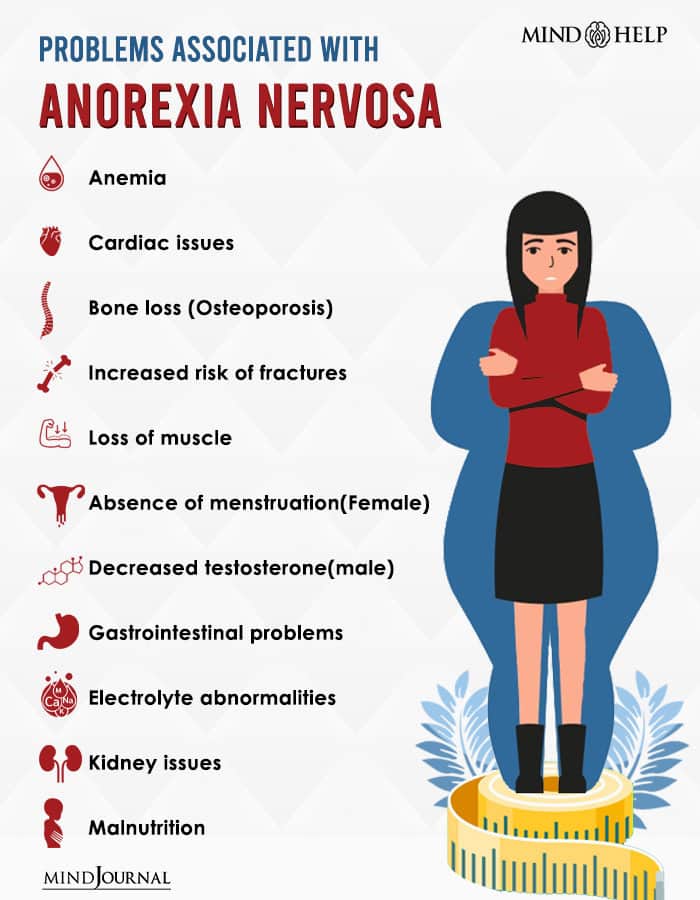Anorexia nervosa, commonly referred to as anorexia, is a serious eating disorder characterized by an intense fear of gaining weight or becoming fat, a distorted body image, and an obsessive desire to maintain a low body weight. This disorder affects individuals of all ages and genders, but it is most commonly diagnosed in adolescent girls and young women. Anorexia nervosa can have serious physical and psychological consequences, and requires a comprehensive treatment approach to address the complex underlying factors.
The most obvious and visible symptom of anorexia nervosa is extreme weight loss, often achieved through a combination of restrictive eating, excessive exercise, and other unhealthy behaviors. However, anorexia is more than just a disorder of food intake; it is also a disorder of the mind, as individuals with anorexia often have a distorted body image and a persistent fear of gaining weight. This can lead to severe physical consequences such as malnutrition, dehydration, electrolyte imbalances, and organ failure.
The causes of anorexia nervosa are complex and multifactorial, involving a combination of biological, environmental, and psychological factors. Genetic predisposition, brain chemistry, and hormonal imbalances have all been implicated in the development of anorexia. Environmental factors such as societal pressures to be thin, family dynamics, and traumatic life experiences may also contribute to the development of anorexia. Additionally, personality traits such as perfectionism, obsessive-compulsive tendencies, and low self-esteem have been found to be associated with an increased risk of anorexia.
Diagnosing anorexia nervosa involves a thorough evaluation by a mental health professional, as well as a medical evaluation to assess the physical consequences of the disorder. The diagnostic criteria include a significantly low body weight, intense fear of gaining weight, and a distorted body image. Other physical symptoms may include amenorrhea (cessation of menstruation), gastrointestinal issues, and hair loss.
Treatment for anorexia nervosa requires a comprehensive, multidisciplinary approach that addresses both the physical and psychological aspects of the disorder. This typically involves a combination of psychotherapy, nutritional counseling, and medical management. Psychotherapy, particularly cognitive-behavioral therapy, can help individuals with anorexia develop healthier attitudes towards food and their bodies, and can help them address underlying psychological issues such as low self-esteem, anxiety, or depression. Nutritional counseling can help individuals with anorexia learn healthy eating habits and develop a positive relationship with food. Medical management may be necessary to address physical complications such as electrolyte imbalances, dehydration, or malnutrition.
In severe cases of anorexia nervosa, hospitalization may be required to address physical complications and provide around-the-clock support. This can be particularly important in cases where the individual’s physical health is at risk or they are resistant to treatment.
Prevention of anorexia nervosa involves promoting healthy attitudes towards food and body image, and addressing societal pressures to conform to unrealistic body standards. Educating individuals about the risks and consequences of eating disorders can also help to raise awareness and reduce the stigma associated with seeking treatment.
So, anorexia nervosa is a serious and complex eating disorder that requires a comprehensive approach to diagnosis and treatment. Addressing the underlying psychological factors is key to effective management, and support from healthcare providers, family, and friends is essential for individuals living with anorexia. With appropriate treatment and support, many individuals with anorexia nervosa are able to achieve significant improvement in their symptoms and quality of life.






